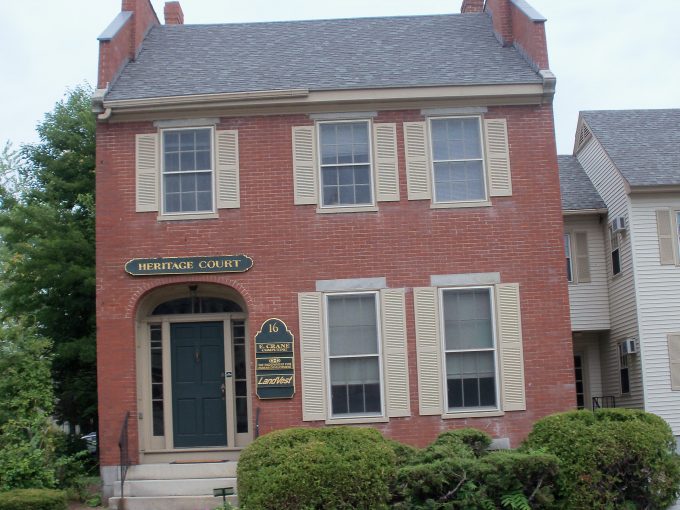
Tuesday, 2 April 2019
Still others had trial of mockings and scourgings, yes, and of chains and imprisonment. Hebrews 11:36
The author continues on with his list of afflictions of the faithful of ages past, now noting that, “Still others had trial of mockings and scourgings.” The prophets of old, in particular, received mockings from the people. A well-known example of this is found in 2 Kings 2 –
“Then he went up from there to Bethel; and as he was going up the road, some youths came from the city and mocked him, and said to him, ‘Go up, you baldhead! Go up, you baldhead!’” 2 Kings 2:23
At this, and other times, the prophets endured mockings. In this instance, it didn’t go so well for those who mocked him. The story goes on to say that two female bears came out of the woods and mauled forty-two of the youths.
In Jeremiah 37, it is recorded that the prophet Jeremiah was struck and then put in prison. Although it is speculation, it is likely that this was a scourging, or a whipping. The law allowed such punishment for violators of it, and it is reasonable to conclude that this is what Jeremiah received, whether he deserved it or not –
“So Irijah seized Jeremiah and brought him to the princes. 15 Therefore the princes were angry with Jeremiah, and they struck him and put him in prison in the house of Jonathan the scribe. For they had made that the prison.” Jeremiah 37:14, 15
These are just two examples of such treatment recorded in Scripture to show that the author remembered and understood the afflictions that the people of God had endured because of their faith. He continues on with, “and of chains and imprisonment.”
From Joseph, the son of Jacob, to Jeremiah the prophet and others, faithful followers of the Lord were imprisoned for their faith. This is recorded of the seer Hanani in 2 Chronicles 16:7-10 –
“And at that time Hanani the seer came to Asa king of Judah, and said to him: ‘Because you have relied on the king of Syria, and have not relied on the Lord your God, therefore the army of the king of Syria has escaped from your hand. 8 Were the Ethiopians and the Lubim not a huge army with very many chariots and horsemen? Yet, because you relied on the Lord, He delivered them into your hand. 9 For the eyes of the Lord run to and fro throughout the whole earth, to show Himself strong on behalf of those whose heart is loyal to Him. In this you have done foolishly; therefore from now on you shall have wars.’ 10 Then Asa was angry with the seer, and put him in prison, for he was enraged at him because of this. And Asa oppressed some of the people at that time.”
For simply speaking the word of the Lord in open rebuke of the king’s disobedience, the king had Hanani placed in prison. The same is occurring in the world today. Christians who speak out against wickedness and immorality – speaking only the truth of the situation without threat or harmful intent – are being imprisoned for their words.
Life application: Here, the painful list of what the faithful of Scripture endured continues. Some people think that accepting Christ means blessings, abundance, provision, health, and wealth, but – like these Old Testament saints – the faithful in Christendom have been martyred by the millions. Many times, this persecution has come from within the church, such as during the Spanish Inquisition and against those of the Reformation. The whole point of listing the abuses and trials that these people endured is to enlighten the path of the Christian to what we can also expect.
For simply speaking the word of the Lord to a nation who didn’t want to hear it, Jeremiah was imprisoned in a muddy cistern and left to starve to death when the city’s bread was used up. Thankfully he was rescued. Around the world today, faithful pastors and evangelists are being handcuffed and led to prison for preaching from the Bible. This is right at the doors of America also. Determine now to side with God and His word regardless of what you face.
Lord God, none of us would look forward to jeers, flogging, chains, or imprisonment with glee, but we ask that if such a time should come, You would sustain us and give us the courage to face it resolutely. All of this we pray in the name of, and for the sake of, Jesus our Lord. Amen.




